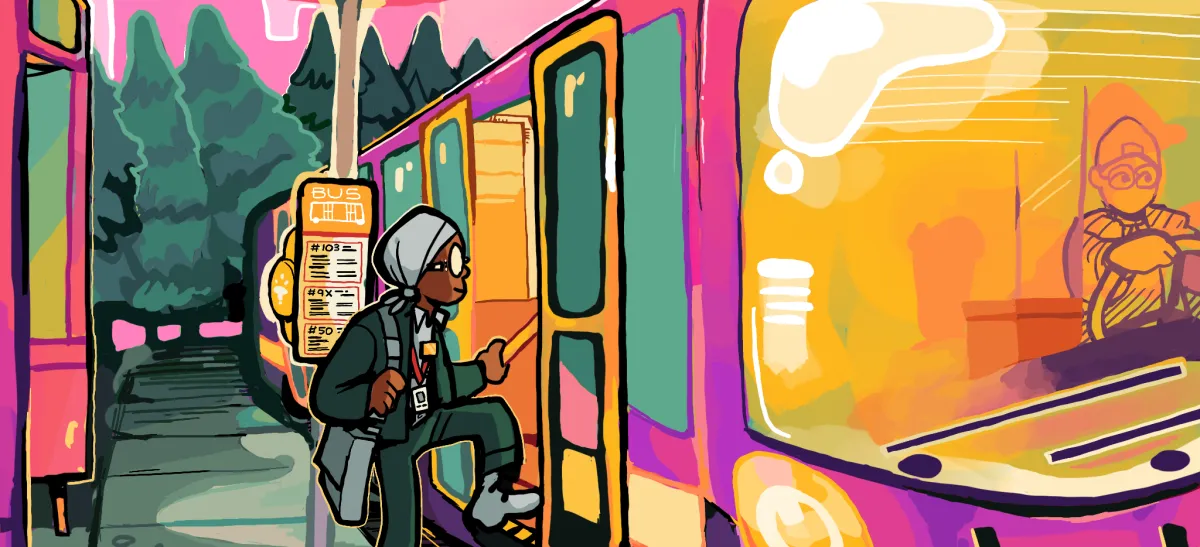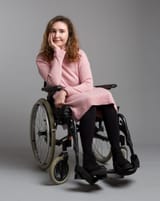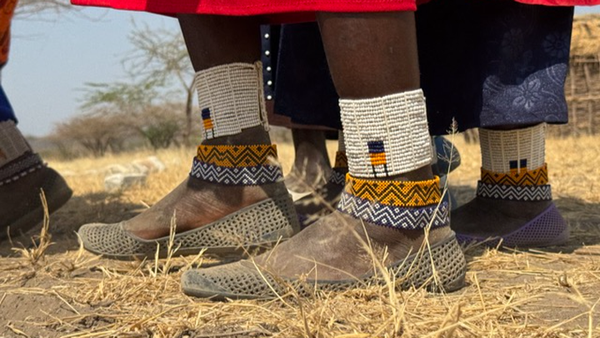An Incomplete Guide to Ableist Language
Words related to disability have different journeys, some reclaimed by the community and some banned - but where do they even come from?

Access the Audio Read version of this article directly on Spotify for Podcasters.
"Words can not only hurt you, they can make you feel small and insignificant and can completely derail you."
‘Sticks and stones may break my bones but words will never hurt me’- who ever thought of that? It is terrible advice. Words can not only hurt you, they can make you feel small and insignificant and can completely derail you. I am not just talking about any old words, I am talking about ableist slurs that still get tossed around in 2021.
I have been fascinated by etymology (the study of the origin of words and the way in which their meanings have changed throughout history) ever since I did A-Level English language, which was a *cough* decade ago for me. We learned how some words completely changed meaning over time, for better or for worse.
So where do some of these ableist words actually come from? The word ‘retard’ comes from the Latin ‘re’, which means ‘back’, and ‘tardus’, meaning slow. The word actually used to be a medical term and was first used in 1895, according to the Miriam-Webster dictionary. Nowadays, it is considered both outdated and very offensive, with the accepted term being ‘intellectually disabled’. Over time, the word has completely lost all of its original medical use and is now a slang, and not the good kind. In fact, many people who find it offensive now refer to it as the ‘r-word’ or ‘r-slur’.
Other words related to disability and referring to the word ‘retarded’ had a different journey, and have since, been reclaimed by the disabled community. The term I am thinking of here is ‘crip’, which is short for ‘crippled’. The word ‘crippled’ has a seriously negative connotation - people will sometimes describe themselves as ‘crippled in fear’. But the disability rights movement in the 1960s reclaimed the word in a positive way to identify as disabled. Although the term is not accepted by the entire disabled community, some people positively identify as a ‘crip’. For example, in a tweet where I talked about my own journey as a disabled person, I used the phrase ‘baby crip’ to describe the earlier parts of this journey.
When people make up a new word entirely because they don’t want to say the word ‘disabled’, the ‘coined’ term can be just as bad. The phrase that really irks me is ‘differentiability’ or ‘differently abled’. I understand its intention - to remove the ‘dis’ from ‘disability’ which can have negative connotations. But the phrase ‘differently abled’ takes away from the very lived experiences of disabled people. We are not the same as non-disabled people, but what we go through in our lives in an (unfortunately still) ableist world makes us more than just different.
The same applies to phrases like ‘special ability’ and ‘physically challenged’. The first one is just laughable - it makes disabled people sound like we have super powers and are some kind of Marvel superheroes (or worse, villains). Unfortunately, I don’t know of any disabled people who can turn invisible or shoot lasers from their eyes, myself included. At the end of the day, these phrases only exist because people think that ‘disabled’ is a dirty word and shouldn’t be used.
A few more things that will hopefully leave you more equipped to talk about disability in the future. Be careful with your ‘the’s. We are disabled. We are not ‘the’ disabled. We are not ‘victims’ of our conditions and nor do we ‘suffer from’ them. We have them. I have a brain injury, I do not ‘suffer from a brain injury’. People who use wheelchairs are not ‘wheelchair bound’ or ‘confined to a wheelchair’. We are just wheelchair users. Do not compare us to ‘normal’ people, ie. non disabled people.
If in doubt, just call us disabled.





